Turnout on Election Day was lighter than in years with presidential candidates on the ballot, but election clerks in central Maine said Tuesday voting was still steady and people at the polls cited the statewide referendum questions, particularly Question 3, that drew their attention.
Ballots were stacked with eight state questions but the most controversial appeared to be Question 3, which proposed the creation of a new publicly owned and controlled power company called Pine Tree Power, an entity that would take over the assets of Central Maine Power Co. and Versant Power, which together distribute 97% of Maine’s electricity.
Voters regularly referenced the Pine Tree Power question as the reason they cast a ballot Tuesday. Results of that question and others were not available by press time.
Tina Meng, 55, of Skowhegan, cast her vote early in the morning, voting yes on Question 3.
“The main thing is to get control back into our state; why do we let out-of-staters control what’s going on in our state?” Meng said. “They have no concern other than lining their pockets.”
Others, like Bruce Hall, 66, of Waterville, weren’t convinced by the proposal, which critics have described as a risky move, and voted no.
“I don’t think that putting the government in charge of any large entity is ever a real good idea,” Hall said, referencing frustrations during his career working for the federal government as an air-traffic controller.
One woman who voted at the Buker Center in Augusta and declined to give her name said she’s no fan of power companies but said state-owned entities are not run as efficiently as ones that are privately owned. “The electric power question was a big one for me. I don’t think the state should take it over. I think that’s a big mistake,” she said. “I don’t like the fact that it’s owned by a foreign entity, but I don’t think the state should take it over, either.”
The Buker Center drew nearly 500 voters by 4 p.m., and they were also choosing among candidates for City Council and Board of Education.
Other statewide questions had to do with a government debt limit, foreign campaign spending, a so-called “right-to-repair” law and constitutional amendments.
Al Sionni, 43, of Fairfield, said Question 8 – which proposed removing a provision that limits voting rights for people under guardianship for mental illness – seemed important, despite its low profile leading into the election.
“I didn’t really understand that one,” Sionni said. “They should be voting. A lot of stuff directly affects them.”
Judy Grant cast her ballot at the Augusta Civic Center and said it was the state referendum questions that caught her attention. “I voted that I didn’t want the big money (in elections) and I didn’t want the power thing to go,” she said. “There’s not enough information to prove it’s the right thing to do. Not that I love CMP, but things could be worse.”
Voters streamed through Hall-Dale Elementary School in Hallowell throughout the day, with more than 850 of the city’s 2,337 registered voters casting ballots by late afternoon. In the city elections, a contested race for mayor was pitting the incumbent George Lapointe against City Councilor Maureen Aucoin, and in the Ward 2 race, Hannah Berry was challenging longtime City Councilor Michael Frett.
Just after dark, as the rain started to fall, Antonio Sirabella and his wife Liesl bolted from the gym to the shelter of their vehicles. They said the mayoral race was of particular interest. “They’re both wonderful,” Sirabella said, adding that the choice was difficult.
Waterville City Clerk Patti Dubois said she expected about 2,000 of the city’s nearly 14,000 registered voters to cast ballots, in addition to roughly 1,200 who voted absentee.
“We had a similar situation a few years ago when we had the CMP corridor on the ballot,” Dubois said. “I think it’s comparable.”
In the city’s mayoral race, City Councilor Michael J. Morris, a Democrat, faced off against Matthew S. Boulerice, an unenrolled candidate who’s a real estate broker and member of the city’s Planning Board.
Adam Howard, 52, a Democrat, voted at Thomas College and said the mayoral race caught his attention. Howard voted for Morris, his party’s candidate, because Boulerice’s positions seemed too conservative, he said.
“(Boulerice’s) particular positions, like fiscal responsibility … which often means budget cuts and not taking care people,” stood out, Howard said.
Hall, the retired air traffic controller from Waterville, said he voted for Boulerice in large part because of his real estate experience. “He seemed like a level-headed businessperson,” Hall said.
Other Waterville voters said the state questions took priority.
“I think they impact us more broadly,” said Alice Sammon, 74.
There was also a contested race for Waterville City Council, and towns such as Fairfield, Oakland, Pittsfield and Winslow had their own competitive races for council seats.
Election clerks reported no problems at the polls, with people acting appropriately and no issues with machines tallying ballots.
“It’s a well-oiled machine,” said Laurie Greenleaf, the warden overseeing Skowhegan elections. “Everything is running very well.”
Oakland Town Clerk Jan Porter reported a “good mixture of different ages” of voters and said her projection of 1,200 voters, in addition to over 600 absentee ballots, was on track as of mid afternoon.
Kennebec Journal staff writer Jessica Lowell contributed to this report.
Send questions/comments to the editors.


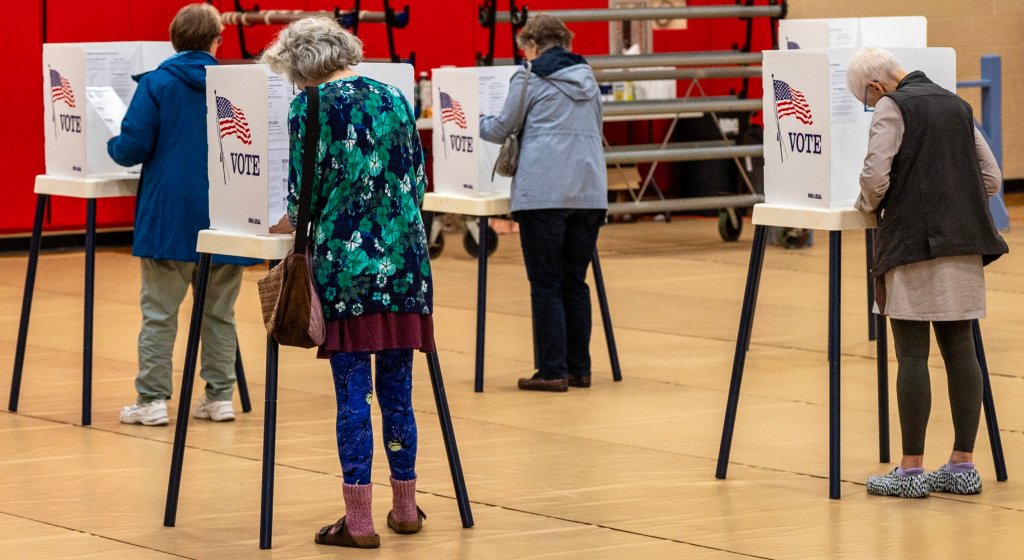
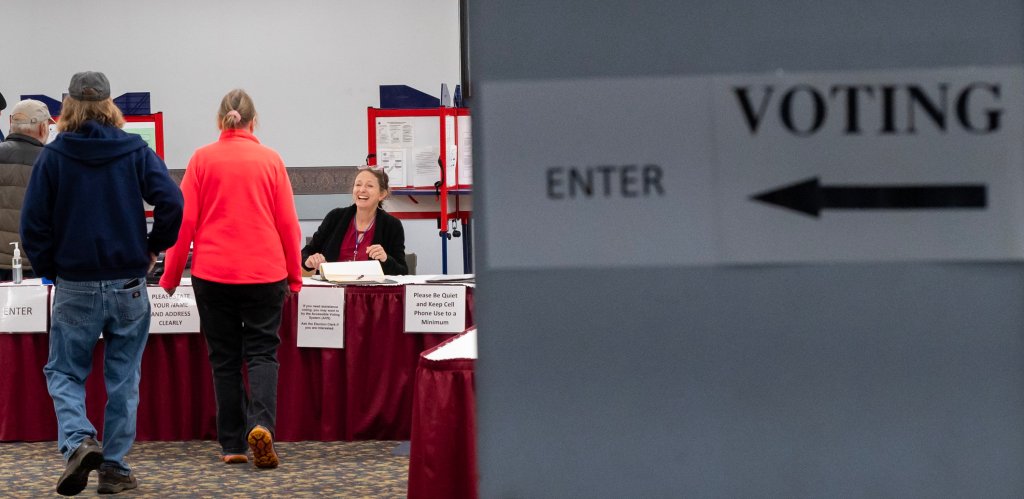
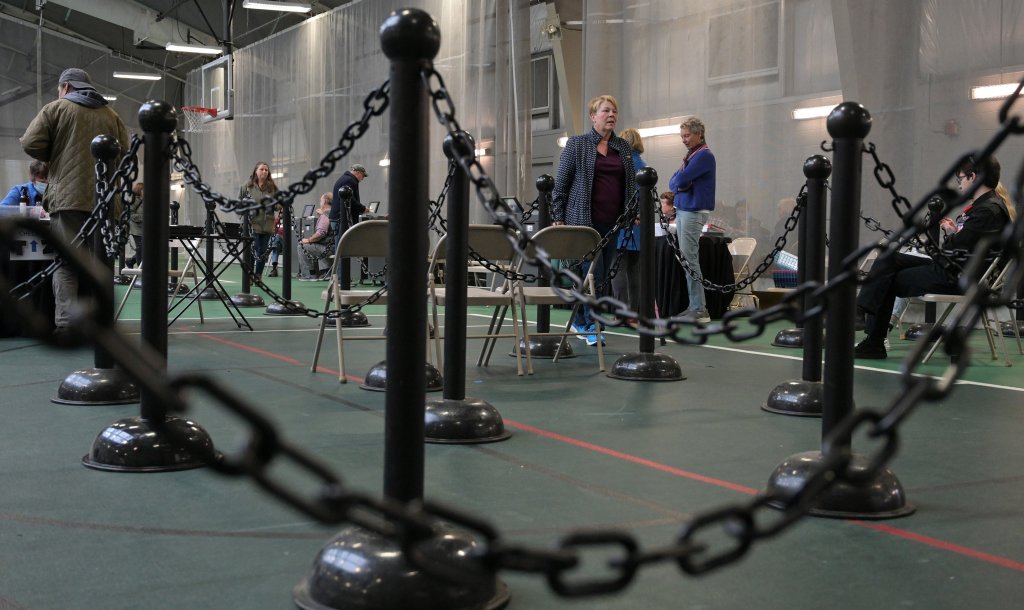
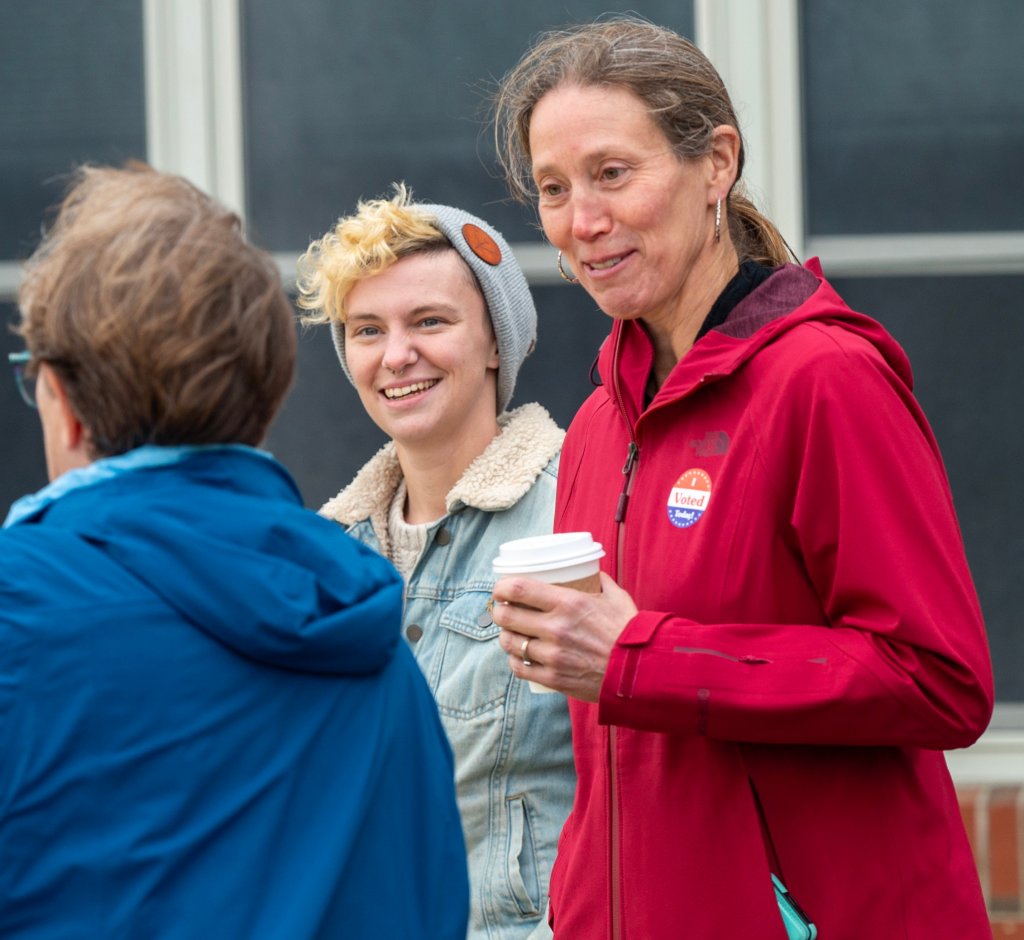
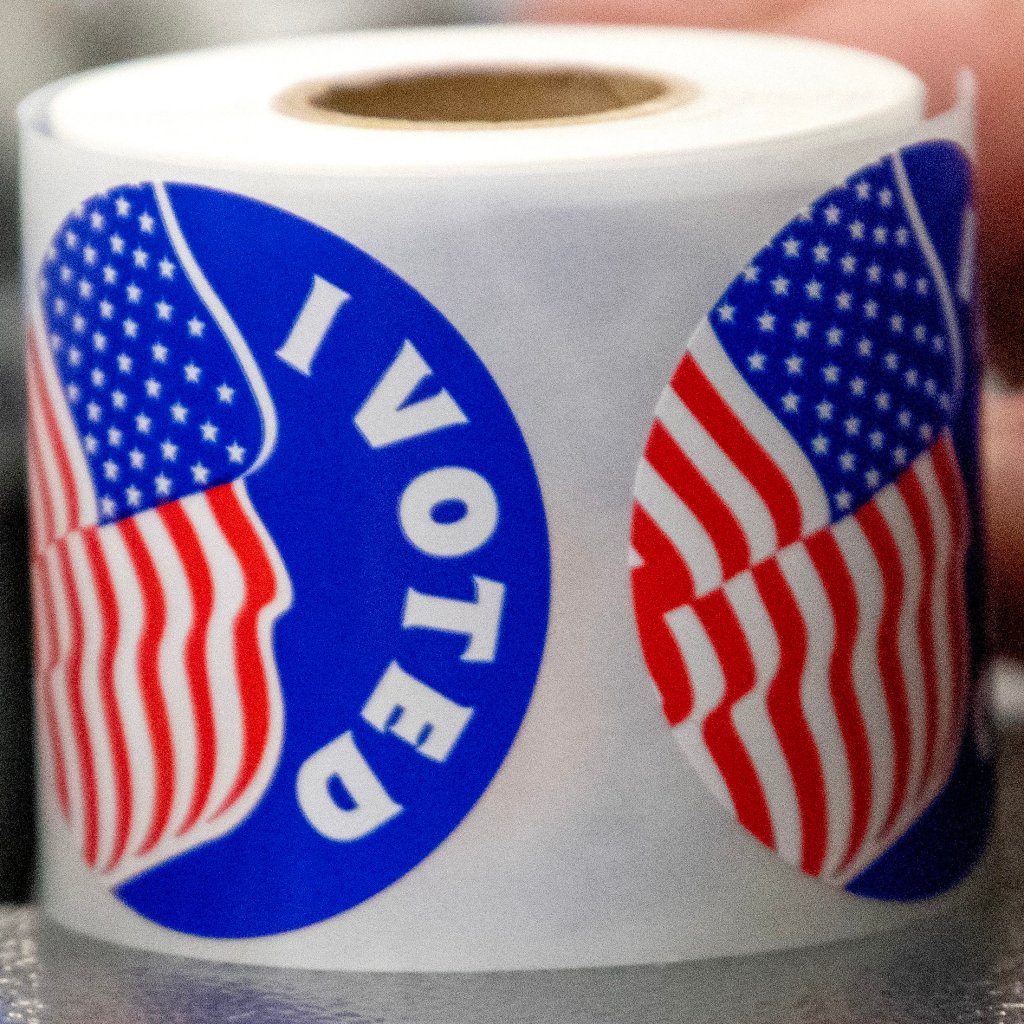

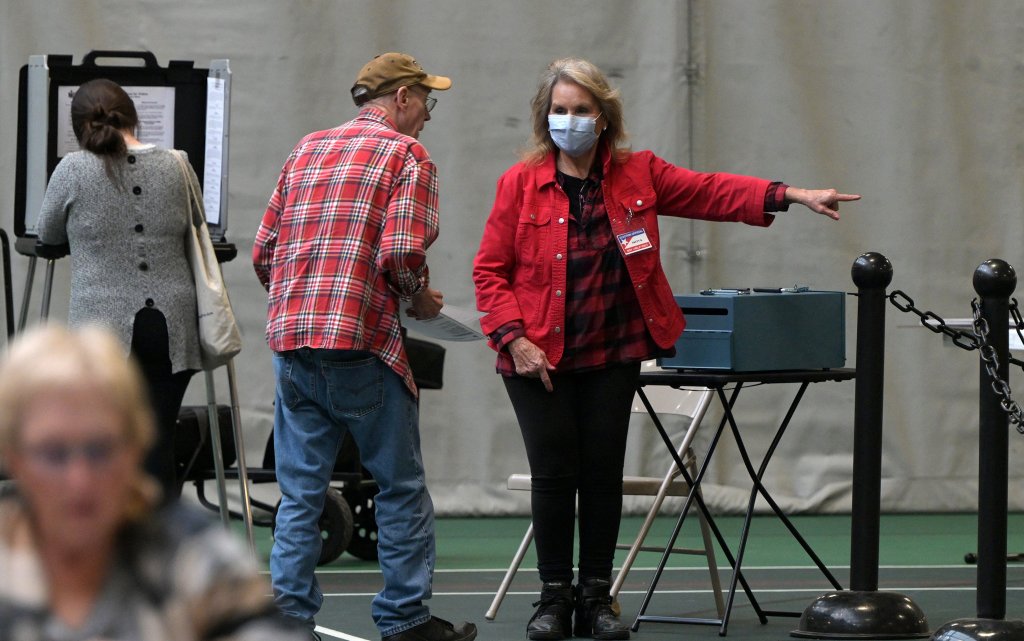
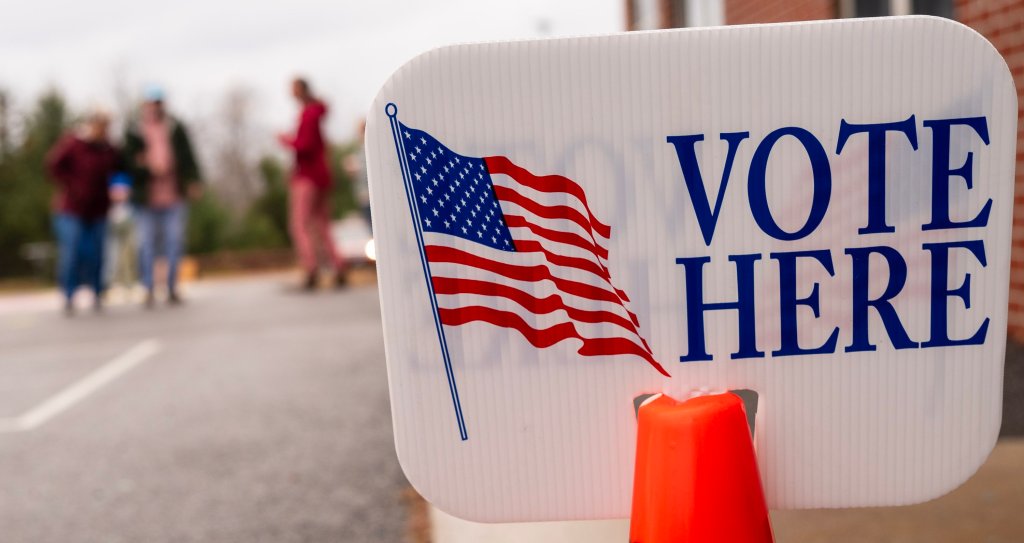
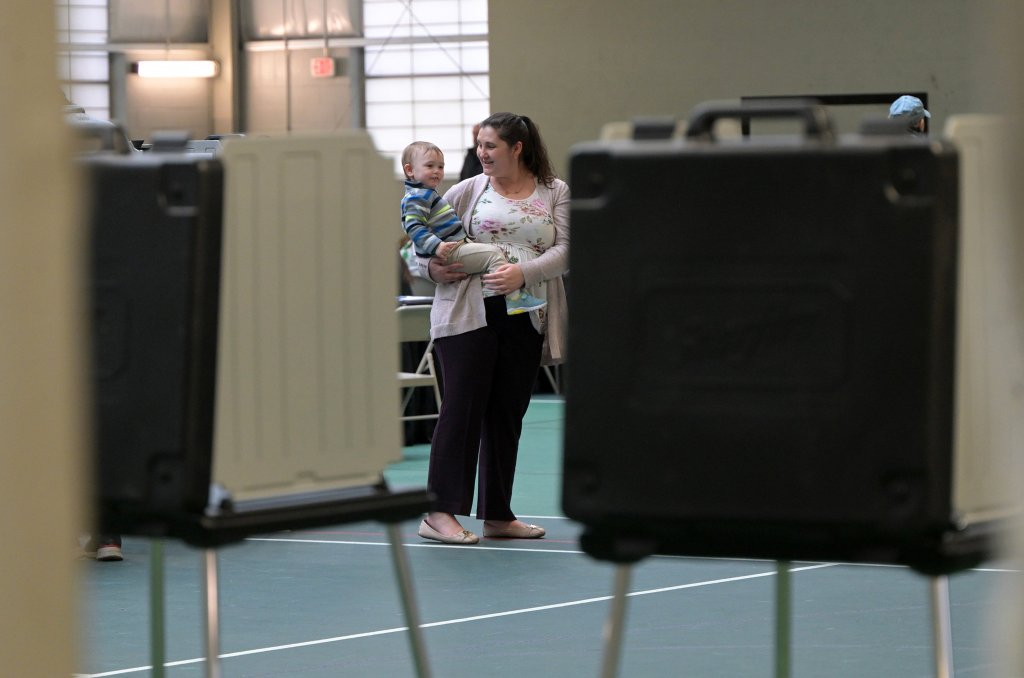
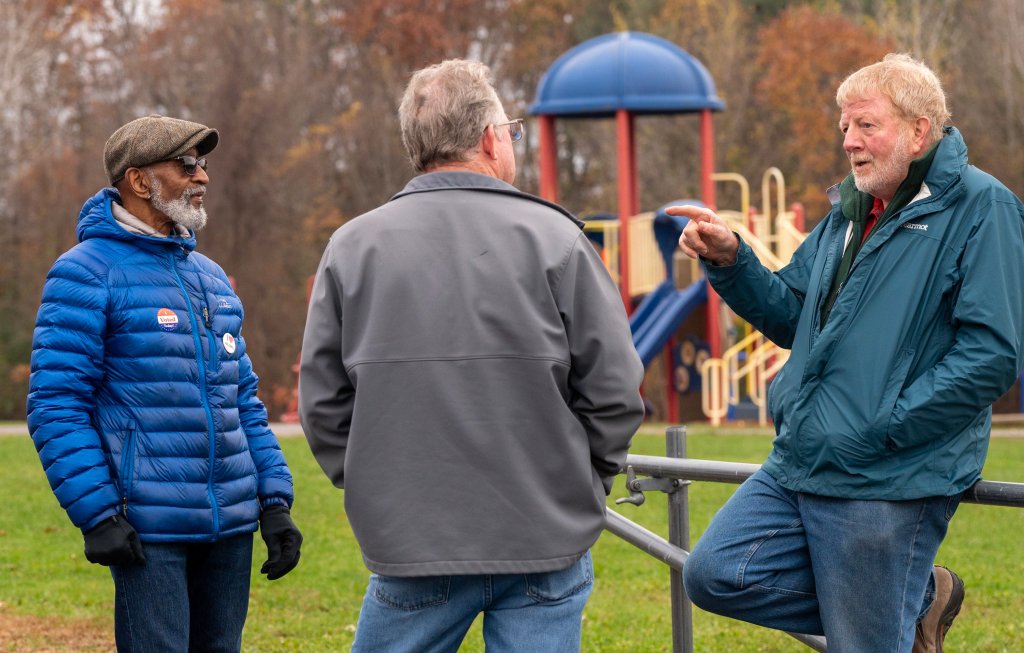
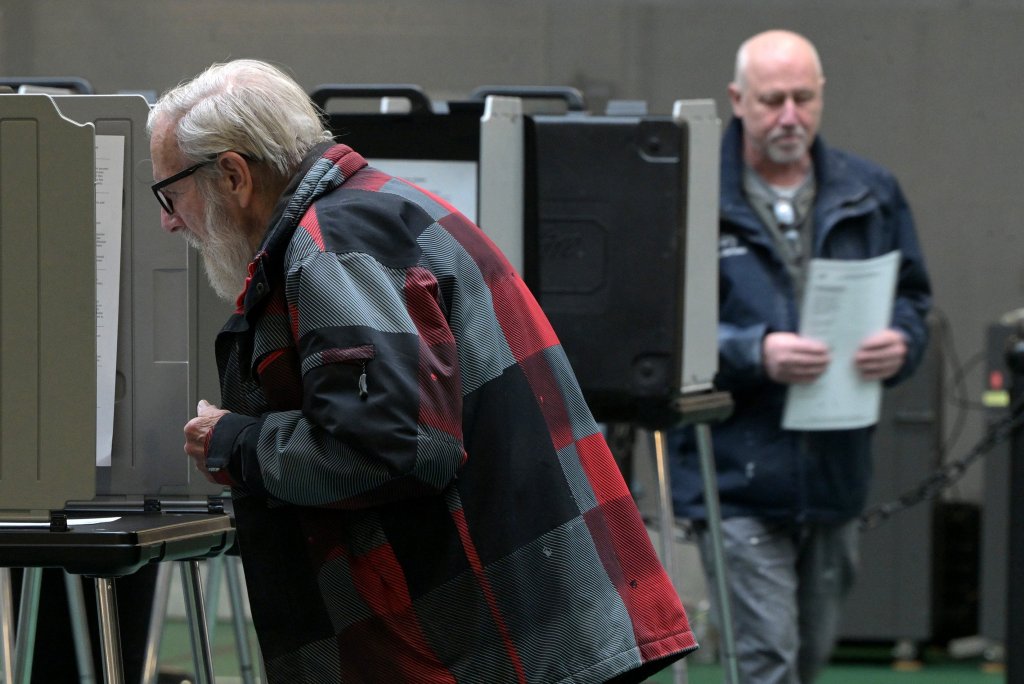
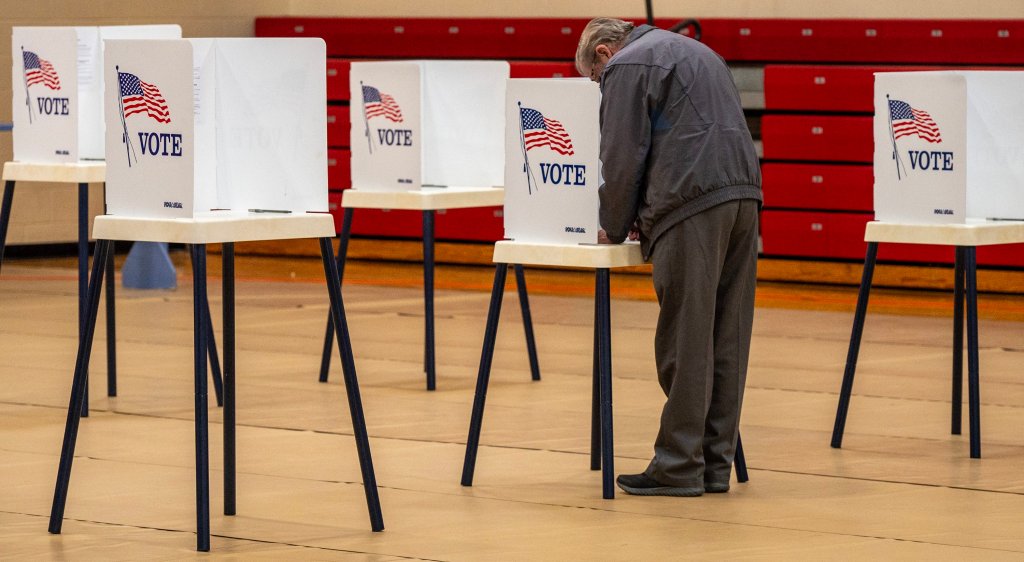
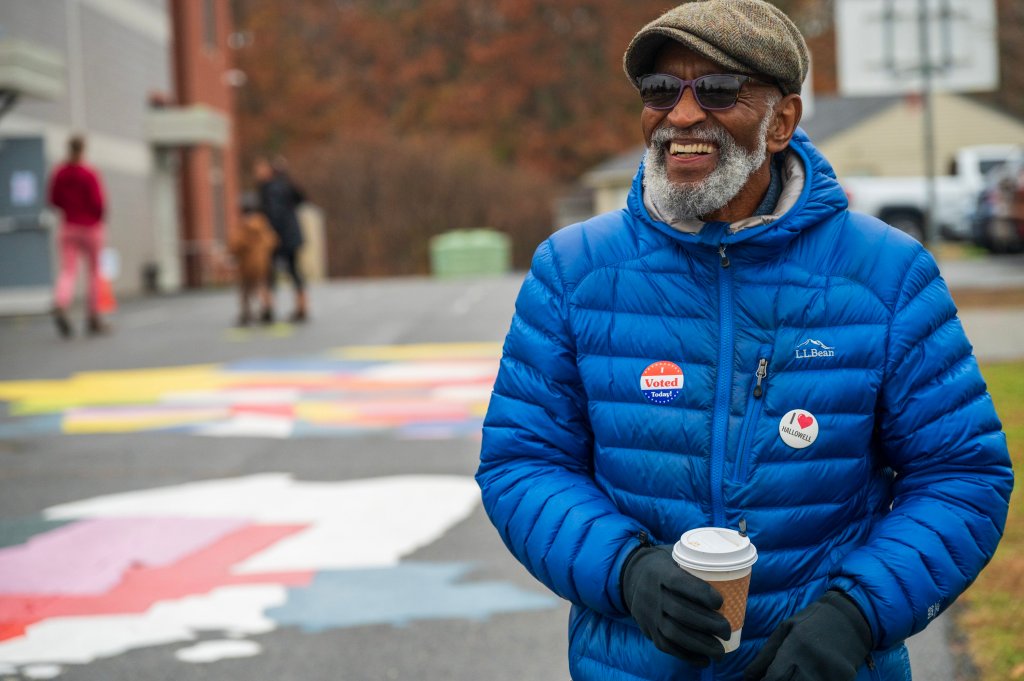
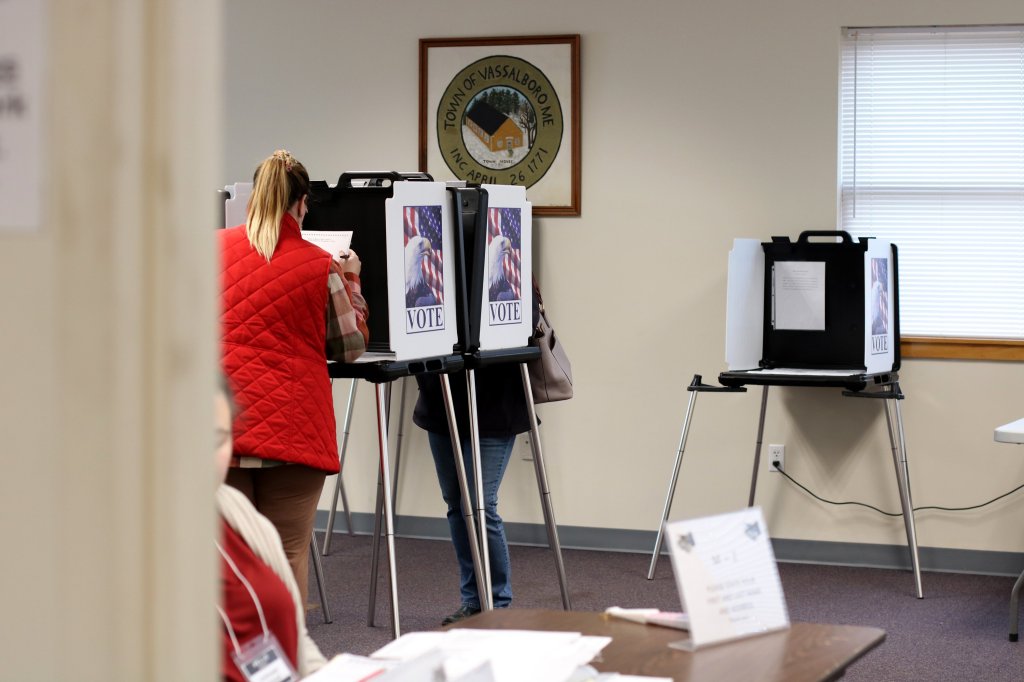
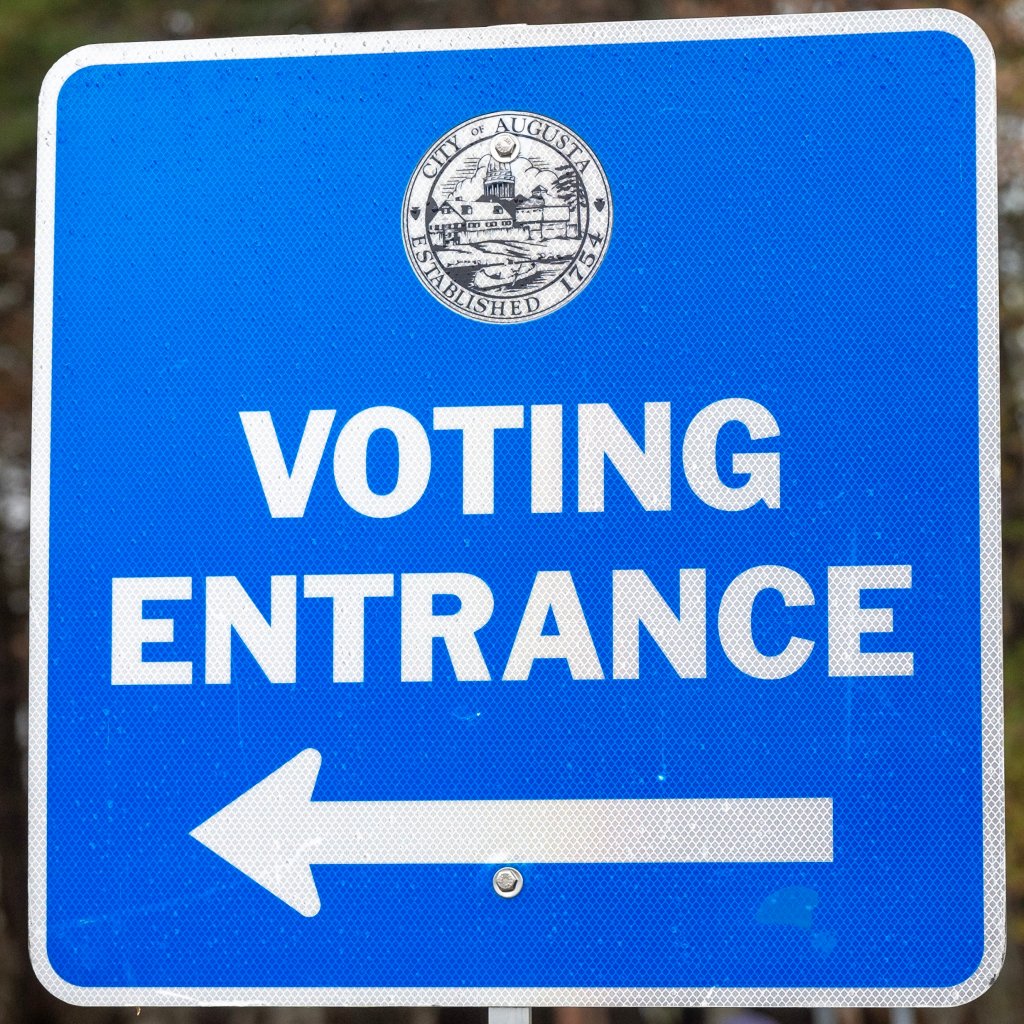
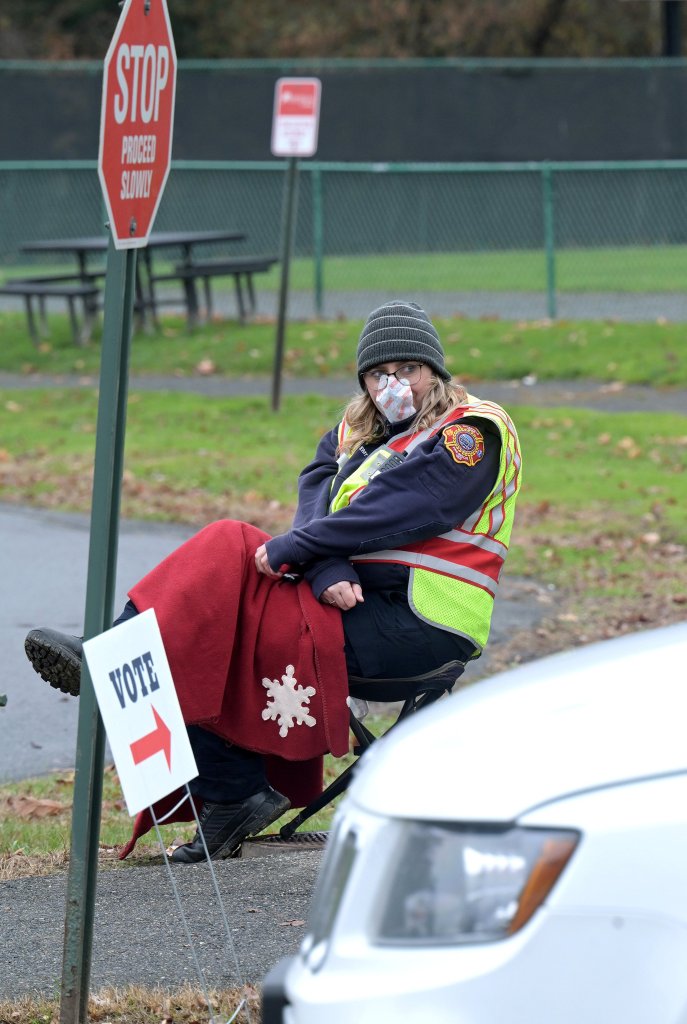
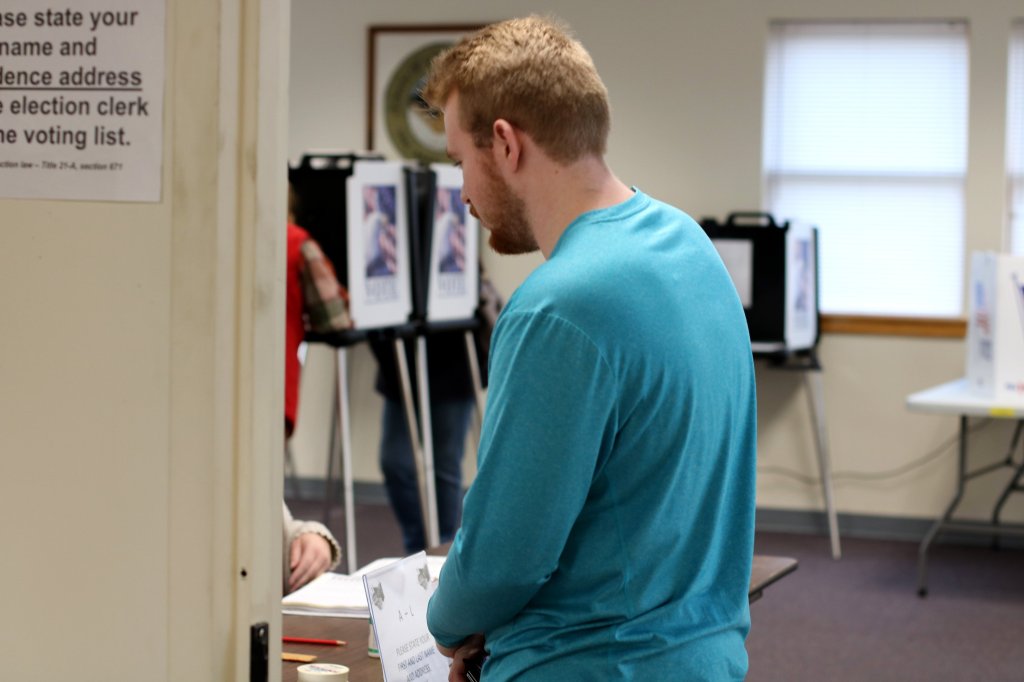

Comments are no longer available on this story